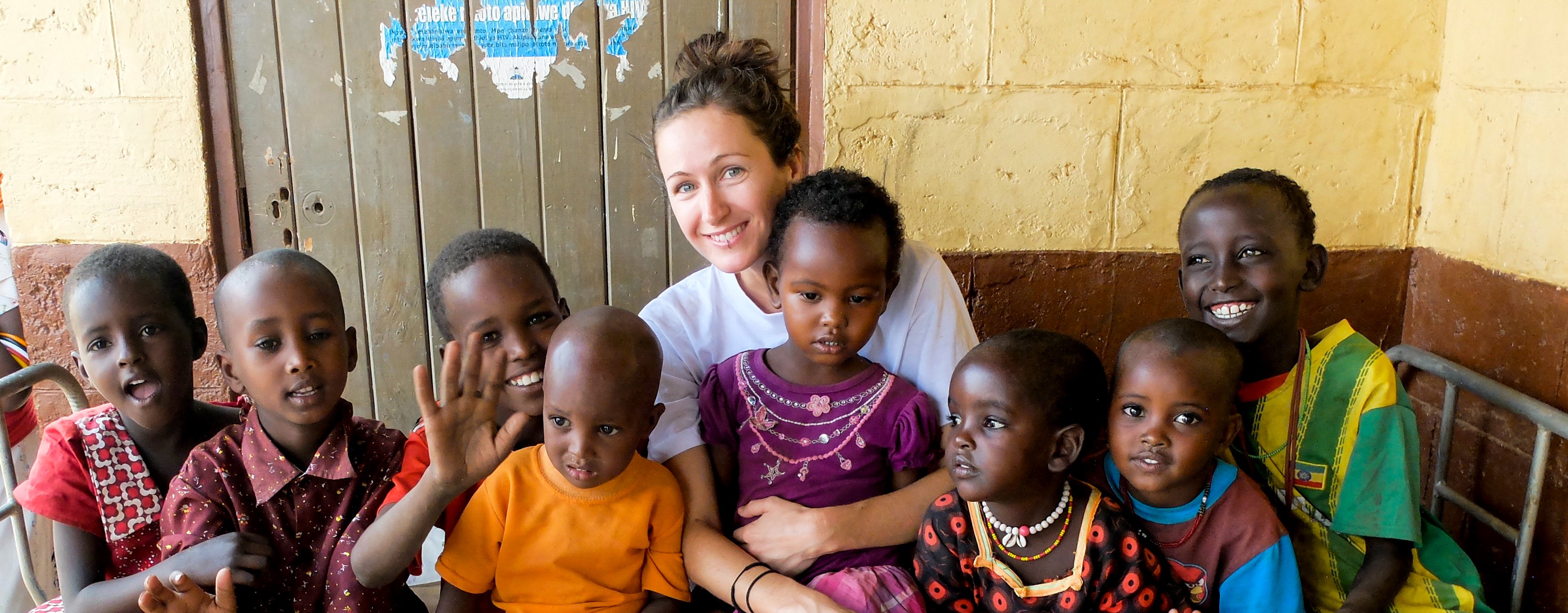Patricia is a nurse and midwife who lives in London. She’s spending two months in Kenya to work on our emergency project in Isiolo and Marsabit, two counties where a vicious drought has pushed malnutrition rates far above emergency levels.
Our team runs outreach clinics in really remote areas, in order to treat malnutrition and help people cope with this terrible drought. Many of the places we go to aren’t even villages – they’re remote settlements outside villages. The families there live so simply, with far less than we would consider the absolute basics.
These families are pastoralists who rely on their livestock’s milk for nutrition, but the drought is making those animals too weak to produce milk. For some of the children, at the moment their only meal each day is the small free lunch they get at school. We’re seeing mothers and children who are malnourished – many cases are moderate now but will deteriorate if they aren’t treated.
We’re also helping to treat other urgent health problems. At one outreach, we saw a man in his 40s who was crying with pain and could hardly walk. Our doctor suspected that he had appendicitis so we drove him to a public hospital that was three hours away.
When that hospital didn’t have the right specialists, we then drove even further to a private hospital and paid for the man to have the scans he needed.
I’m the only expat on the team and working with people from different cultures has been a great learning opportunity. I’ve also been dealing with pathologies and infections that I’d never come across before, such as leishmaniasis and scabies.
I’m proud of our team’s work, but I also I feel that the government here should do more to provide accessible healthcare and educate people about the importance of getting healthcare. Our team visits some places that are just a few kilometre from a health facility, but people there still use traditional medicine or don’t seek treatment at all.
